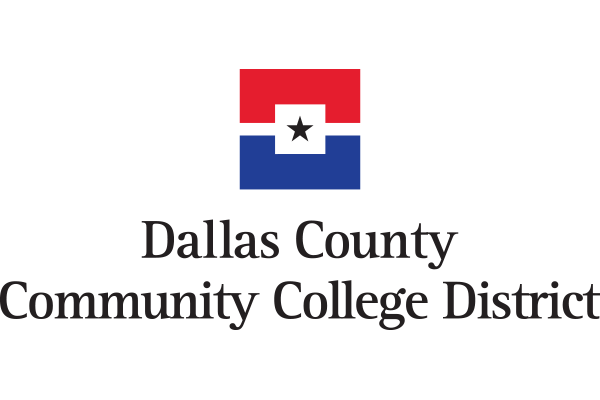
By HARRIET RAMOS
@HarrietRamosETC
Due to budget uncertainties resulting from the coronavirus pandemic, the Dallas County Community College District decided to set the minimum enrollment for Maymester and summer courses at 15. The minimum for Career and Technical Education classes is 10.
Courses that did not meet the minimum enrollment were canceled or consolidated with another section of the same course, according to the new class schedule management guidelines developed by the district.
Linda Braddy, president of Brookhaven and interim provost for the district, said the goal is to consolidate courses within students’ own campuses first. If no other sections are available, courses from different campuses may be combined to meet the required minimum enrollment. Whenever possible, classes that need to be combined will be sent to El Centro, where free textbooks through the IncludED program are being offered this summer.
Braddy said there are exceptions if students need to take a certain course to graduate and there is no other course in the district available.
“We definitely looked at it on a case-by-case basis on those,” she said. “If you look, there are exceptions for the May term that ran with less than 15 or less than 10 in the CTE programs because the students needed them to graduate by then or to stay in sequence.”
Braddy said the district consulted with the Rapid Response Team, which is made up of faculty, instructional support staff and administration, before making this decision. Braddy also said they researched best practices of other community colleges around the country and found a course minimum of 15 is typical.
[READ MORE: DCCCD announces most fall classes will be online]
In previous years, professors who did not have a minimum of 15 in their summer courses did not receive their full pay but were paid according to the number of students. The change was announced two weeks before Maymester was set to begin, leaving some faculty like criminal justice professor Patrick Patterson scrambling to rearrange their schedules.
Patterson said faculty should have been informed of the change before summer class schedules were in place.
“If we would have known about this last year before we made our summer schedule, then we would have made our summer schedules accordingly,” he said.
Patterson said some of his classes will not fit under the new model, and he doesn’t think a one-size-fits-all approach to course enrollment will work for certain programs, especially those that need to be taught by professors who have specialized backgrounds and credentials.
“These are the anomalies that they did not even take into consideration,” he said.
History professor and former Faculty Association president Liz Nichols, who is a member of the Rapid Response Team, said she is concerned about how the change is affecting adjunct professors. She said some full-time faculty feel that they should have priority over adjuncts if it comes down to an adjunct’s class having to be consolidated with the class of a full-time faculty member.
“There’s this fine balance that’s going to have to be negotiated in order to have some level of equity and ability to retain the adjuncts that are needed,” Nichols said. “Without adjuncts, you’d be hard-pressed to run a college. My hope is that full-time faculty will recognize that reality and negotiate in good faith to ensure that adjuncts also are able to get a piece of the pie.”
[READ MORE: Board approves employees pay through fiscal year: District reveals new logo]
Emily Brock, an adjunct math professor at Mountain View, said her summer class was canceled.
“This is my income over the summer,” she said. “But for full-time people, this is extra pay beyond their full-time pay, but I know everybody’s got their own situation … For me as an adjunct, I have to pay my own insurance, and having a class over the summer really is important to me.”
Brock said at this point she is uncertain how it will go in the fall.
Nichols also said students who register for a class with a certain professor will probably be disappointed if that class is consolidated and they get a different professor. She encouraged students to see the big picture.
“At the end of the day, what is your goal?” she said. “If your goal is to obtain a certificate, associate degree or transfer to a four-year in order to obtain the bachelor’s, then it would be prudent to focus on your ultimate goal rather than your need in the moment.”
Nichols said the minimum enrollment practice will likely continue into the fall. She said the district has been talking about the need to improve class scheduling for the last two years, but COVID-19 was what finally motivated them to move forward now. Ultimately, she said, the good of the students is what it’s all about.
“Even if I don’t necessarily like a policy or process, if it can be shown to me that this is what’s possibly best for students, then we should try it,” she said. “Then look at the data. If it proves that it’s not helpful, then we can change it.”
— Skye Seipp contributed to this report
https://eastfieldnews.com/2020/06/12/one-college-officially-approved-by-accrediting-agency/







